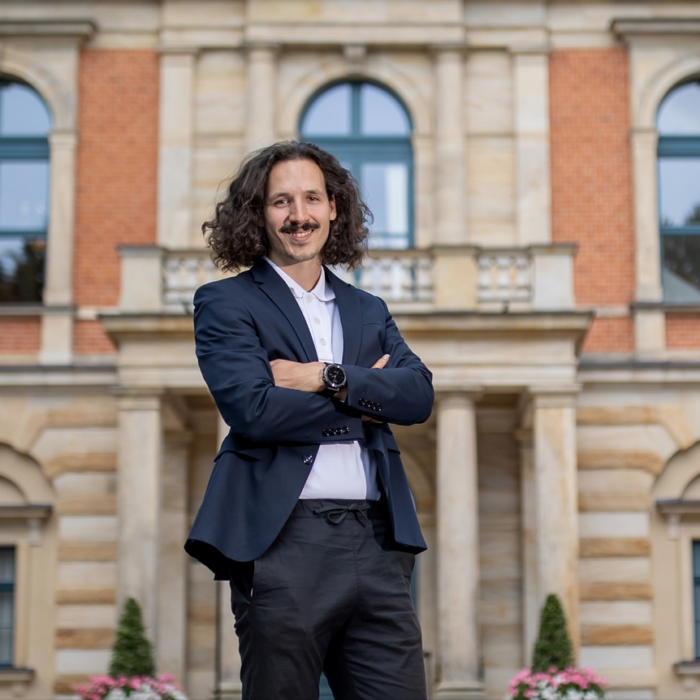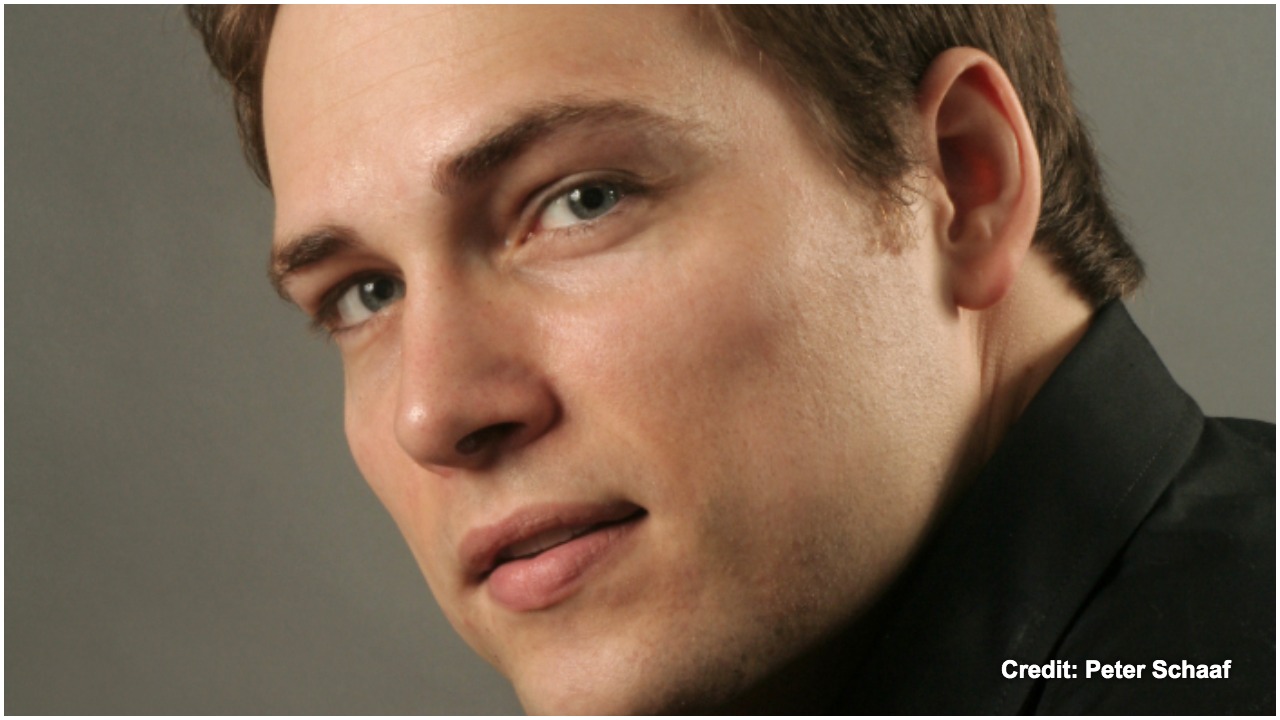
Q & A: Cristina Pasaroiu On Singing Her First Baroque Opera & The Four Heroines In Les Contes d’Hoffmann
By Francisco SalazarCristina Pasaroiu is one of today’s most celebrated Romanian sopranos and has performed in some of the most prestigious opera houses, concert halls, and festivals.
The soprano’s repertoire has ranged from spinto to lyric roles like “Adriana Lecouvreur,” “Manon,” “La Traviata,” “La Juive,” Magda in “La Rondine,” Leila in “Les Pêcheurs de Perles,” Mimì in “La Bohème,” Fiordiligi in “Così Fan Tutte,” and Desdemona in Verdi’s “Otello.”
Now the soprano is taking on the title role in “Alcina” and singing the four heroines in “Les Contes d’Hoffmann,” for assignments major firsts for Pasaroiu.
The Romanian singer recently spoke with OperaWire about the challenges of singing these two works and performing multiple characters in one night.
OperaWire: Tell me about singing the title role of “Alcina,” which will be your first baroque work. What adjustments did you have to make?
Cristina Pasaroiu: Yes it is my first Baroque role, my debut in this unique world and at the same time my 33rd principal role.
In all sincerity I just sing it with my voice, having the possibility to show my musicianship better than in music of other times. I worked very much with the text and the comprehension of each word, because the text comes from the 18th century poetic Italian, and I worked equally hard at the variations. It took time to put every variation in its place, making it suitable for my voice and my feelings.
OW: What are the biggest challenges of Handel and performing this work, which is so renowned?
OW: How do you view Alcina as a character? What are your favorite traits of her character? What do you have in common?
CP: What makes me have goosebumps in each performance is the purity of the music, of the harmonies of the harpsichord and lute or the cello solos. This music is written in a perfect way.
In this piece, we don’t have real characters or a real story. We are in a fantastical world and our characters have special powers. Therefore it was important to amplify these superhuman forces of the sorceress Alcina, which are not always used in a positive way. She is passionate, egocentric, and wants to keep control over everything.
This magical Handelian world is expressed perfectly in details in the score. For me, the harmonic changes are the key to the magical atmosphere. And what we have in common is the fact that when she really falls in love, she wants to give herself totally.
OW: Baroque music is exposed. What have you learned from singing this music and what kinds of things did it make you realize about your voice?
CP: I learned that I can show my round voice, color, and musicianship more than with Puccini or Verdi where I am limited. With this music, we are in a box, with a specific form, quantity, colors, and vibrations. What I really love is to play with the acrobatic variations in this [baroque] style.
OW: When preparing the work, what recordings did you listen to and how did you prepare the style?
OW: In the winter you’re doing all four roles in “Les Contes d Hoffmann. What are the biggest challenges of performing four different roles?
OW: How do you change from one character to another in such a short period?
OW: What are the biggest vocal challenges?
CP: The biggest challenge was to reduce the quantity of my sound and to find the right color for the Olympia. To keep it clearer in order to do all coloraturas as a mechanical doll.
Then I have to change into a lyrical soprano for Antonia. That role requires sensitivity, a wide palette of colors, and desperation.
Then for Giuletta, I need much lower, warmer, and more dramatic range. Then Stella doesn’t present any vocal problems but I just have to keep the energy going until the end in order to make it credible. So no role is similar to the other.


